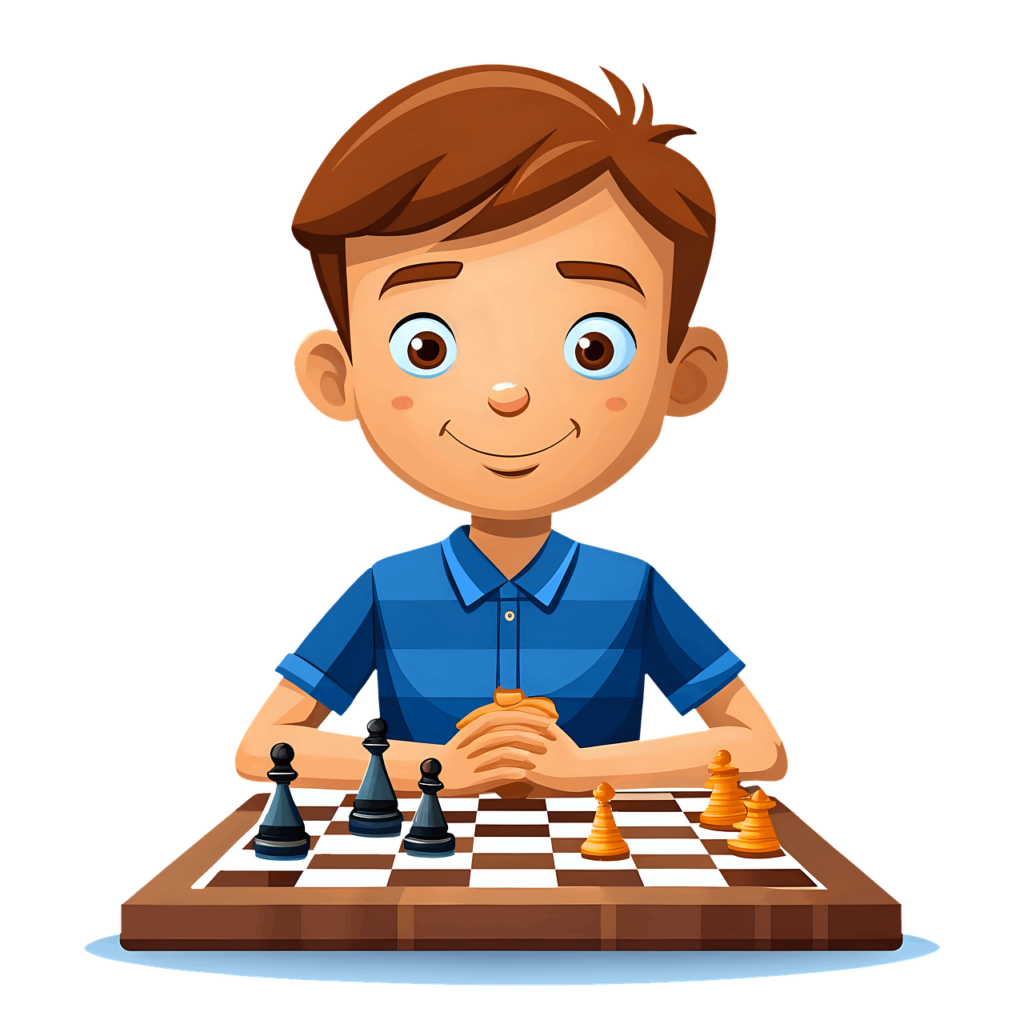
The world today makes having a hobby even more important.
Not only do hobbies offer breaks from routine, but they also provide enjoyment in improving our lives with creativity, relaxation, and personal growth.
If you are looking to pursue a new hobby and don’t know where to start, then this guide will walk you through the steps to make one custom-fit for you.
Begin by first determining your interests.
Think about what you enjoy doing, or what activities make you excited or fulfilled in life.
Do you like the outdoors, or are you an indoors person?
Are you into arts and crafts or maybe sports?
Could it be technology or maybe even cooking?
Make a list of things you enjoy or have always wanted to try.
This list will be your baseline for finding your new hobby.
After you have generated your list of interests, it is time to research some potential hobbies that might be aligned with your interests.
The internet has volumes upon volumes of information on nearly every imaginable hobby.
Look up blogs, videos, and articles about what different hobbies entail.
You can also drop by the local community centers, hobby shops, or clubs to get ideas and get an idea of what is provided within your community.
Consider how much spare time you can realistically allocate to a new hobby and if you have an appropriate space for it.
When participating in a new hobby, one is best to start small.
You do not need to invest in pricey gadgets or be required to spend hours working on your hobby every day from the time you get started.
Just start out with the basics and build your way up in terms of seeing how you like whatever activity it is.
If you want to paint, then get a cheap set of paints and brushes before you invest in further higher-end art supplies.
The more engaged you get, the more that investment can slowly build up.
Goals will give you some direction and help you get excited about developing your hobby.
These need not be highly determined goals; they may be learning some new technique or completing a small project.
For example, if gardening is your hobby, then a goal may be to grow some specific plant from its seed.
These goals will provide you with a sense of accomplishment and keep you going.
This will help you make it a permanent part of your life by fitting it into your routine.
Write down in your calendar when you intend to engage in your hobby at specific times of the week.
It may be one evening hour, one morning on the weekend, or whatever best suits you.
Treat this time just like an important appointment with yourself and stick to it as much as possible.
Many hobbies have associated communities of people with similar interests.
Participation in a club, online forum, or another local group can make the hobby more rewarding due to the support, inspiration, and opportunity to share your progress.
And the community can also help you learn about newer techniques or ideas and make new friends.
It will be even more rewarding then.
The people who learn a new hobby need time and great patience.
Of course, frustrations and setbacks are part of how one learns.
So, learn to enjoy the process—not the result alone.
Celebrate your progress, however small, and remember that the whole purpose of having a hobby is to bring in a little more enjoyment and satisfaction into life.

